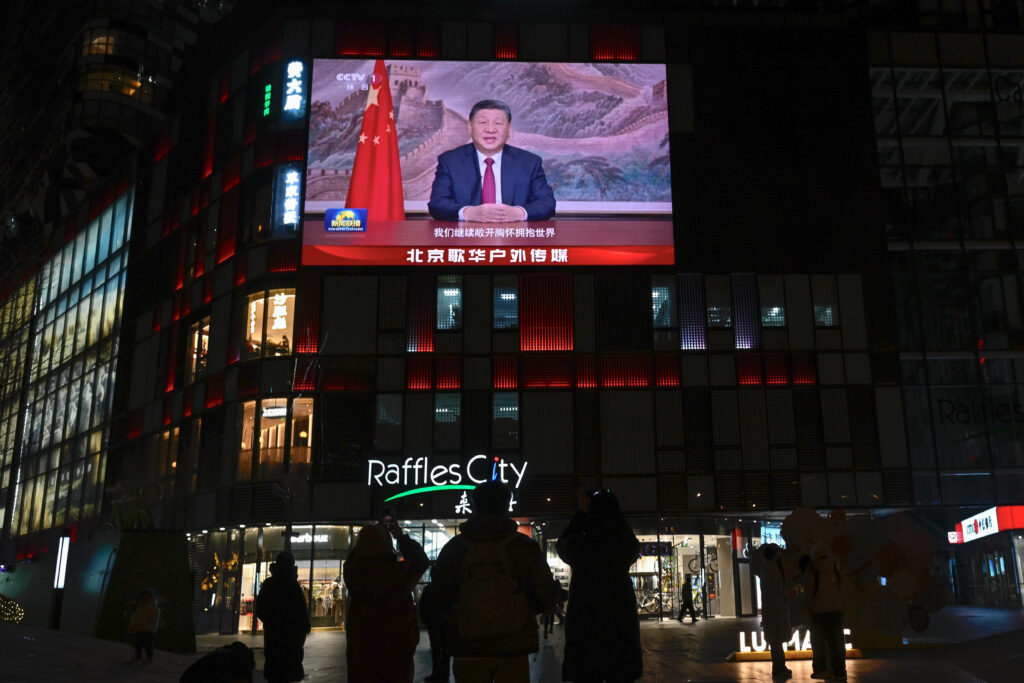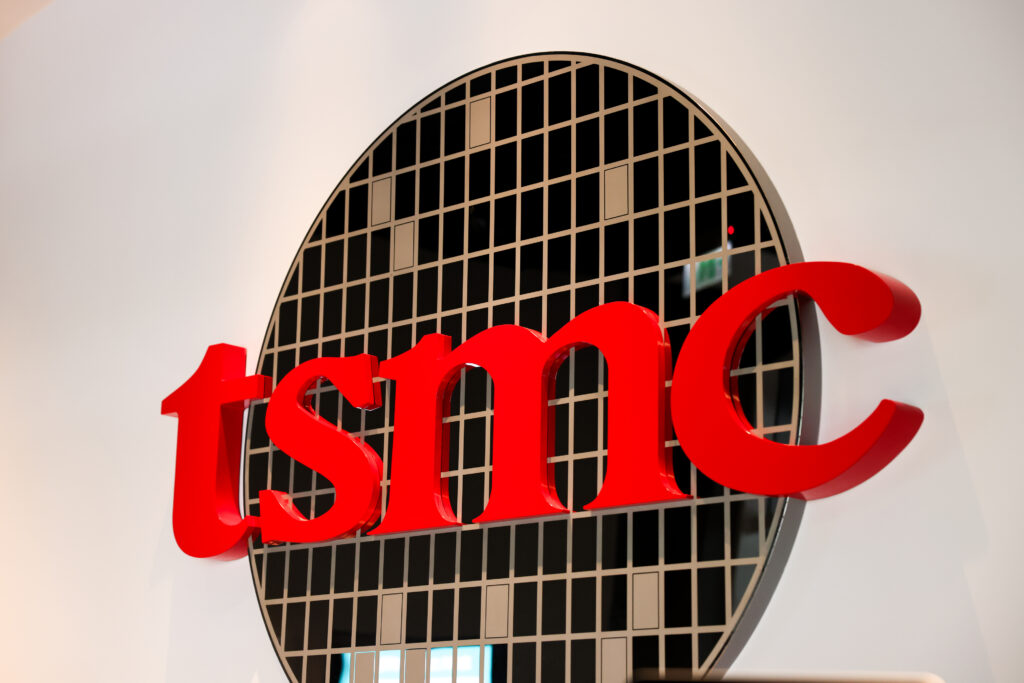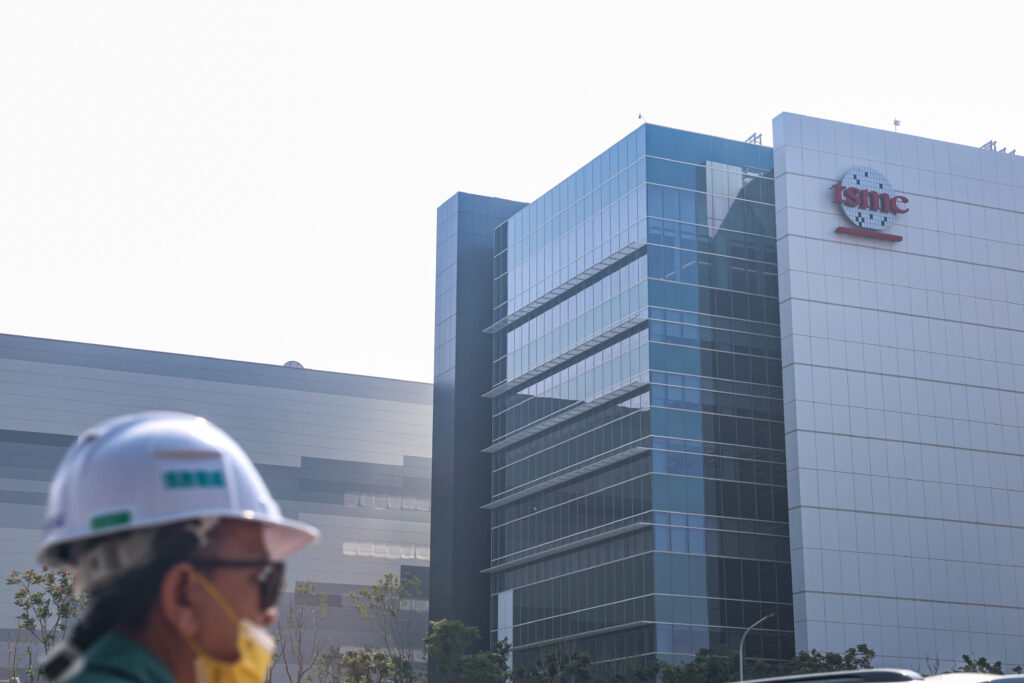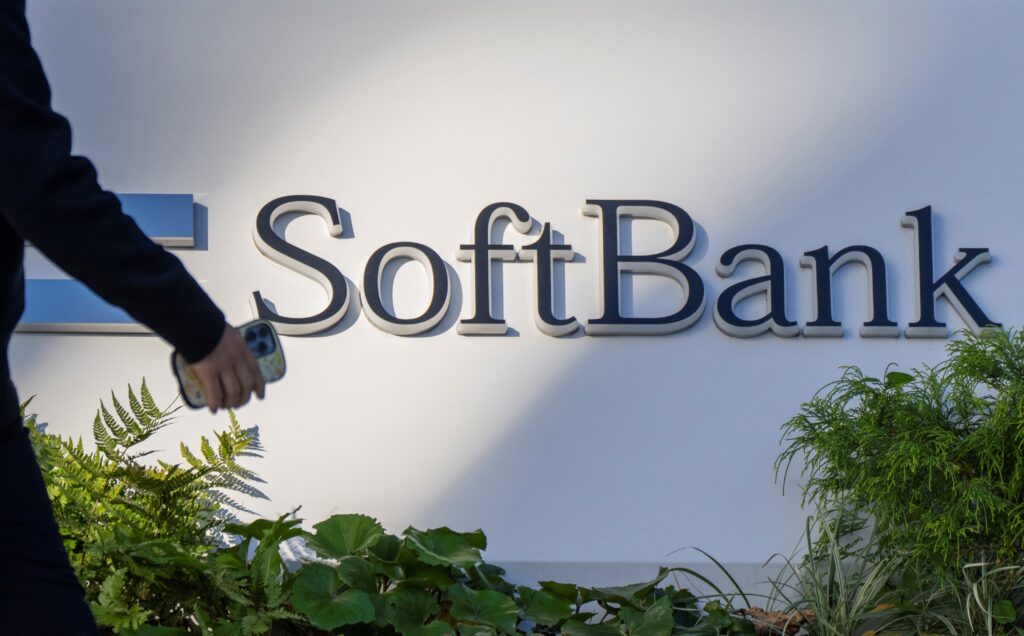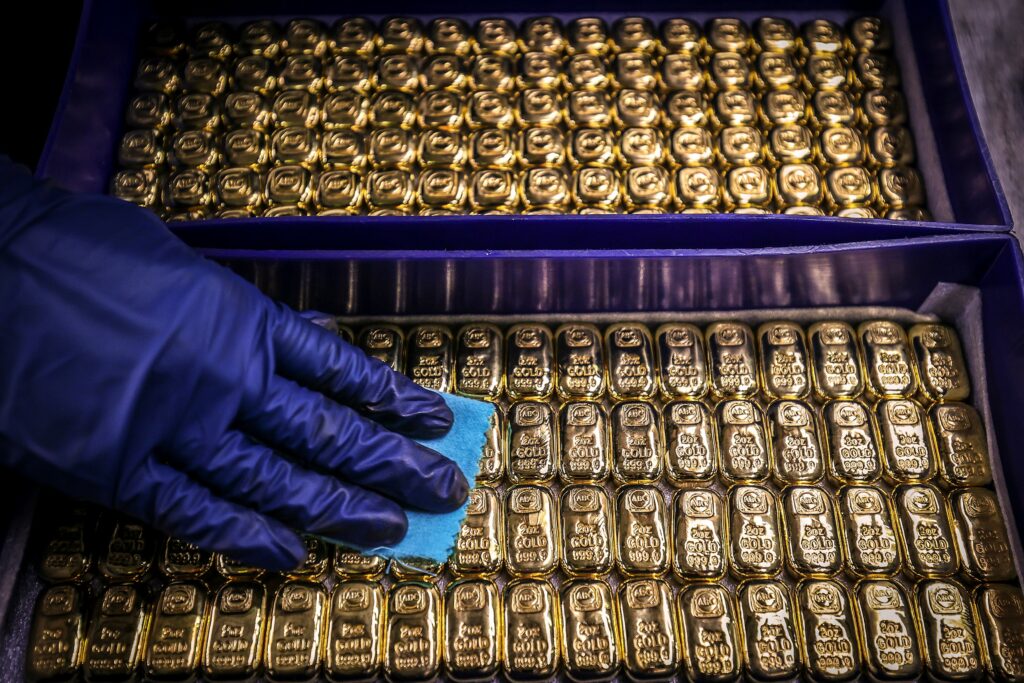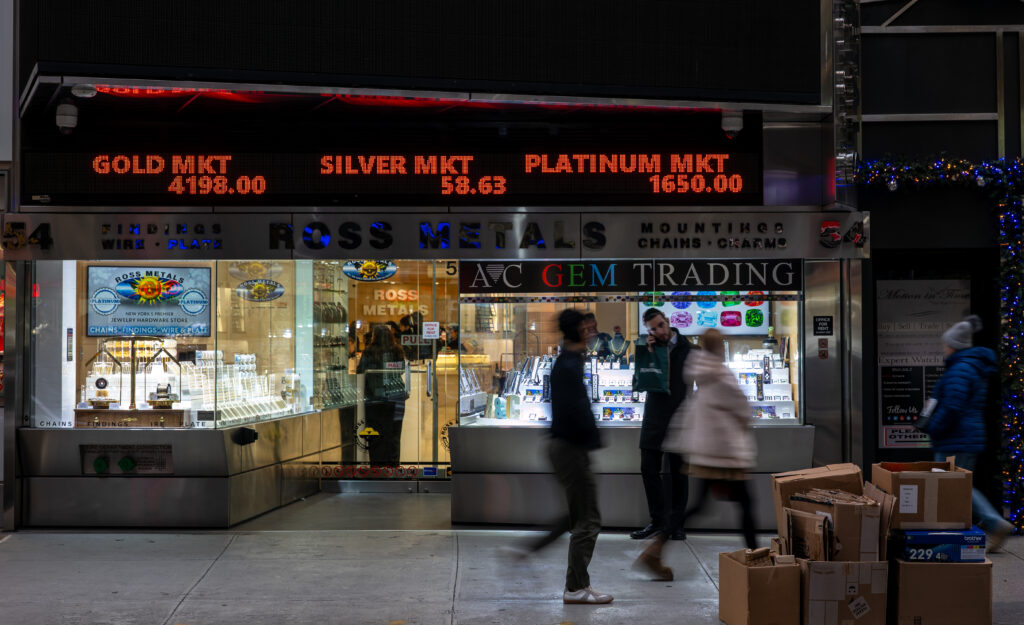Xi says China to hit 2025 growth target of ‘around 5 percent’
China’s economy is expected to have grown “around five percent” in 2025, President Xi Jinping said on Wednesday, despite “pressure” during a year he described as “very unusual”, state media reported.The announcement came in Xi’s New Year’s Eve speech to a top political consultative body that was reported by state news agency Xinhua.Such an annual expansion would be in line with the official government target and on par with the five percent growth recorded in 2024.The world’s second-largest economy has come under increasing pressure in recent years, with consumer sentiment having so far failed to recover from a Covid-19 pandemic-induced plunge.A persistent debt crisis in the property sector, industrial overcapacity and heightened trade conflict with Washington have also darkened the outlook.”We faced challenges head-on and strived diligently, successfully achieving the main goals of economic and social development,” Xi said in his remarks to the Chinese People’s Political Consultative Conference, according to Xinhua.”The growth rate is expected to reach around five percent,” he said.Experts widely expect Beijing to announce a similar economic growth target for 2026 at a major annual political gathering in early March.Xi said in a later speech broadcast to the nation that China had “overcome many difficulties and challenges” in recent years but that its economic, technological and defence capabilities had improved.”Many large AI models have been competing in a race to the top, and breakthroughs have been achieved in the research and development of our own chips,” Xi said, according to Xinhua.China should “focus on our goals and tasks, boost confidence, and build momentum to press ahead” in the coming year, he said.Data released on Wednesday offered a positive sign for policymakers, with factory activity in December inching into expansionary territory to snap an eight-month streak of contraction.
